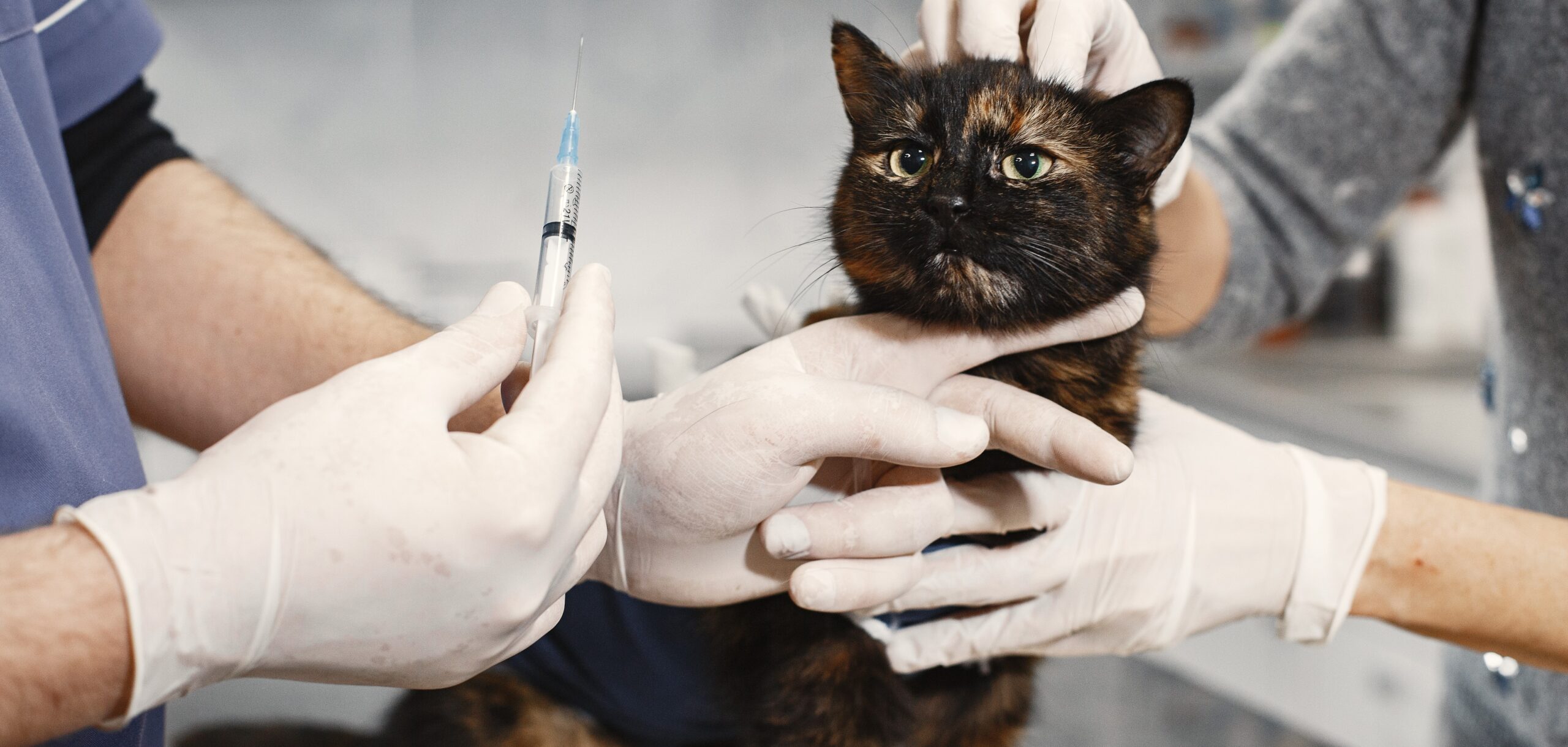Types of Pet Vaccines
As a pet owner, it is crucial to ensure the health and well-being of your furry companion. One way to do this is by keeping up-to-date with your pet’s vaccinations. Pet vaccines are essential for protecting your pet from potentially life-threatening diseases, and also for safeguarding public health by preventing the spread of zoonotic diseases.
In this article, we will discuss the different types of pet vaccines available to protect your pet.
There are Different Types of Pet Vaccines Including:
- Core Vaccines: Core vaccines are essential vaccinations that are recommended for all pets. These vaccines protect against highly contagious and potentially fatal diseases. For dogs, core vaccines include rabies, distemper, canine hepatitis, and parvovirus. For cats, core vaccines include rabies, feline herpesvirus, feline calicivirus, and feline panleukopenia.
- Non-Core Vaccines: Non-core vaccines are optional vaccinations that are recommended based on your pet’s lifestyle and risk of exposure to certain diseases. For dogs, non-core vaccines may include vaccines for Lyme disease, leptospirosis, and canine influenza. For cats, non-core vaccines may include vaccines for feline leukemia virus, feline immunodeficiency virus, and bordetella.
- Combination Vaccines: Combination vaccines are vaccines that combine multiple antigens into a single injection. This reduces the number of injections your pet needs to receive and can be more convenient for both you and your pet. Combination vaccines may include core vaccines, non-core vaccines, or both.
- Booster Vaccines: Booster vaccines are additional doses of a vaccine that are given to maintain your pet’s immunity. The frequency of booster vaccinations varies depending on the vaccine and your pet’s age and health status. Boosters are crucial for ensuring your pet’s continued protection against diseases.
- Modified Live Vaccines: Modified live vaccines (MLVs) contain live, but weakened, versions of the virus or bacteria that the vaccine is designed to protect against. MLVs are effective at generating a strong immune response and provide long-lasting protection with a single dose. However, MLVs may not be suitable for all pets, and they require careful handling and storage.
- Killed Vaccines: Killed vaccines contain inactivated virus or bacteria that cannot cause disease. Killed vaccines are generally considered safe and effective, but they may require multiple doses to provide adequate protection.
In conclusion, pet vaccines are essential for maintaining your pet’s health and preventing the spread of diseases. Talk to your veterinarian about the appropriate vaccination schedule for your pet based on their age, lifestyle, and health status. By keeping your pet up-to-date with their vaccinations, you can ensure a long and healthy life for your furry companion.
You May be Interested in…


